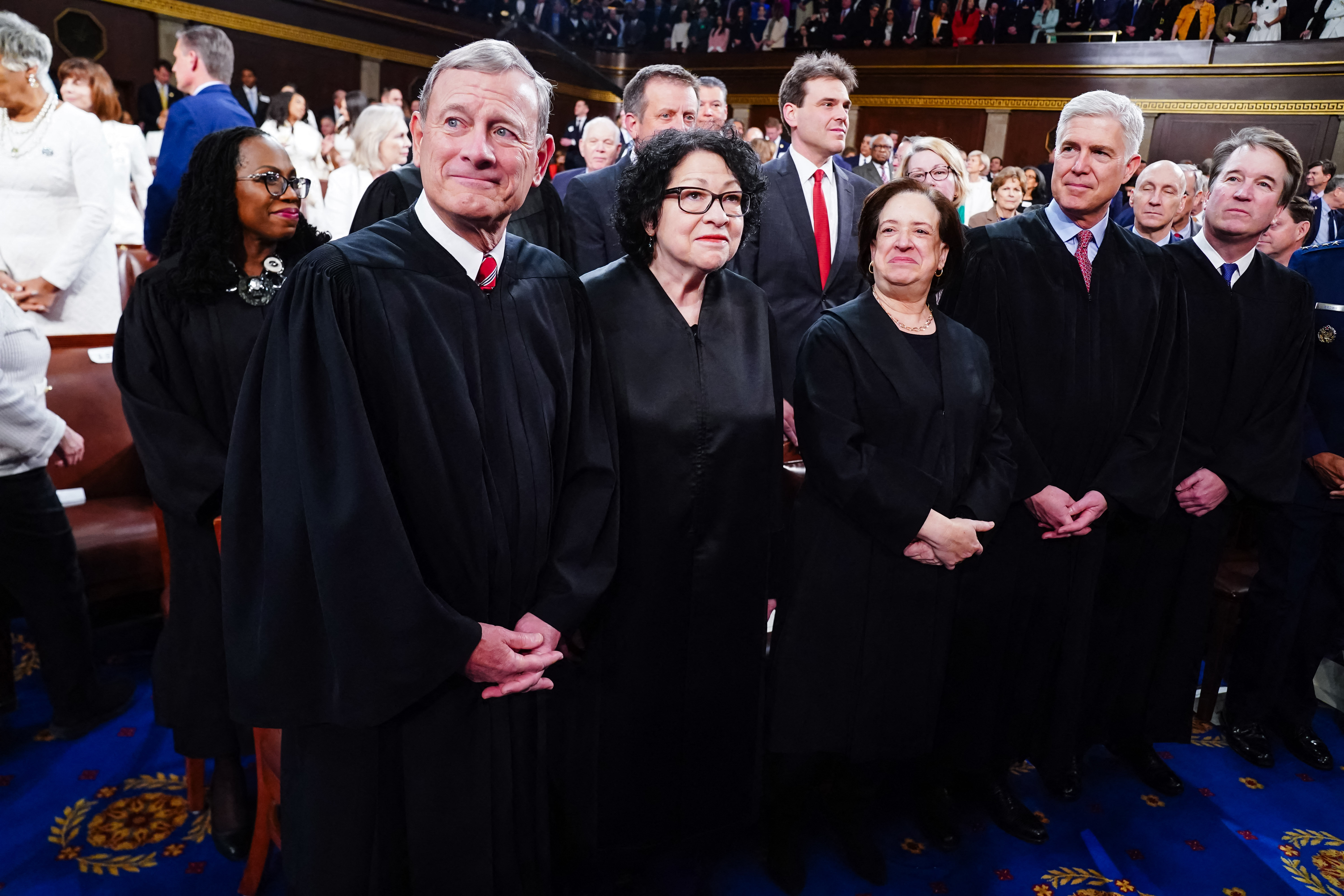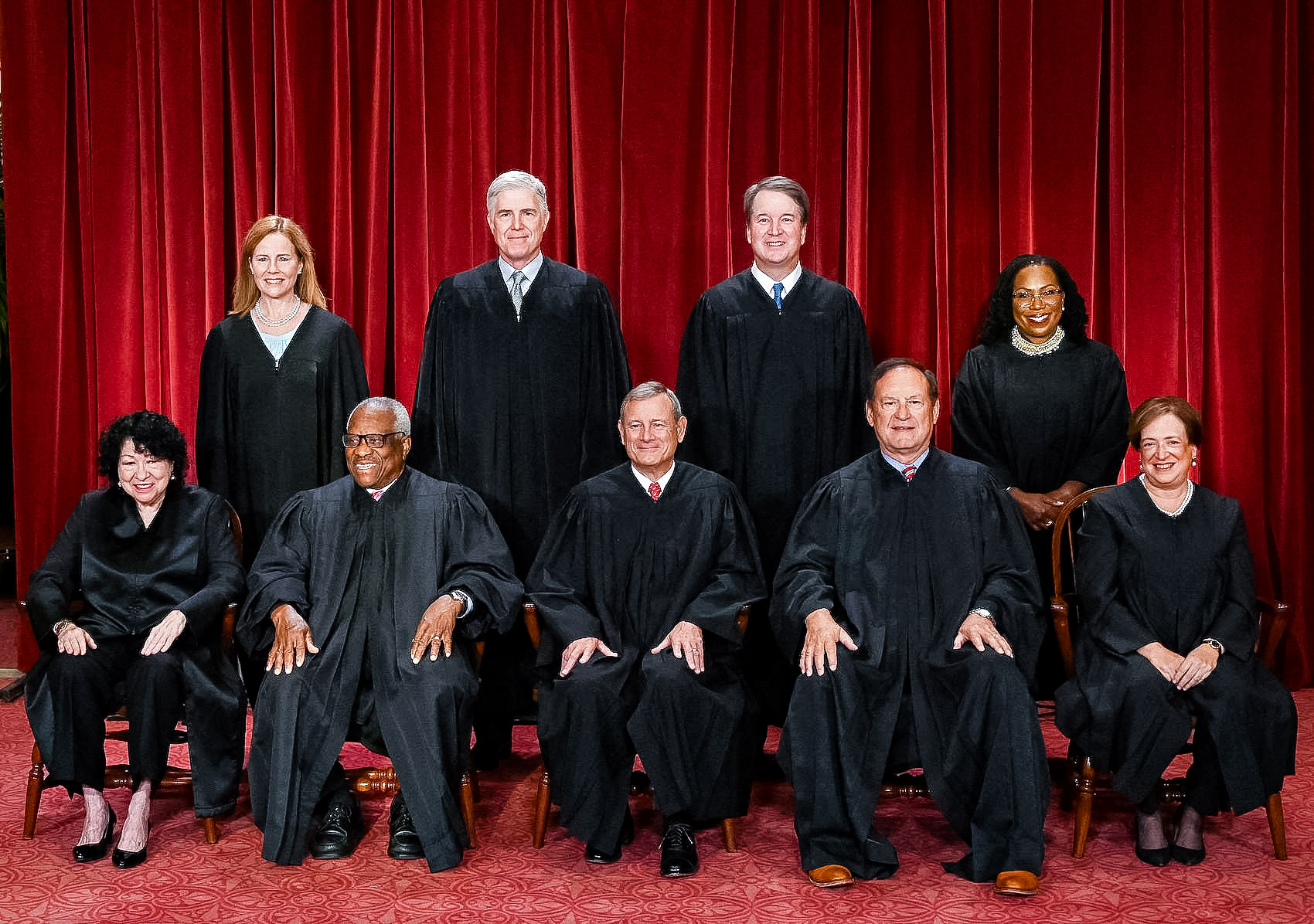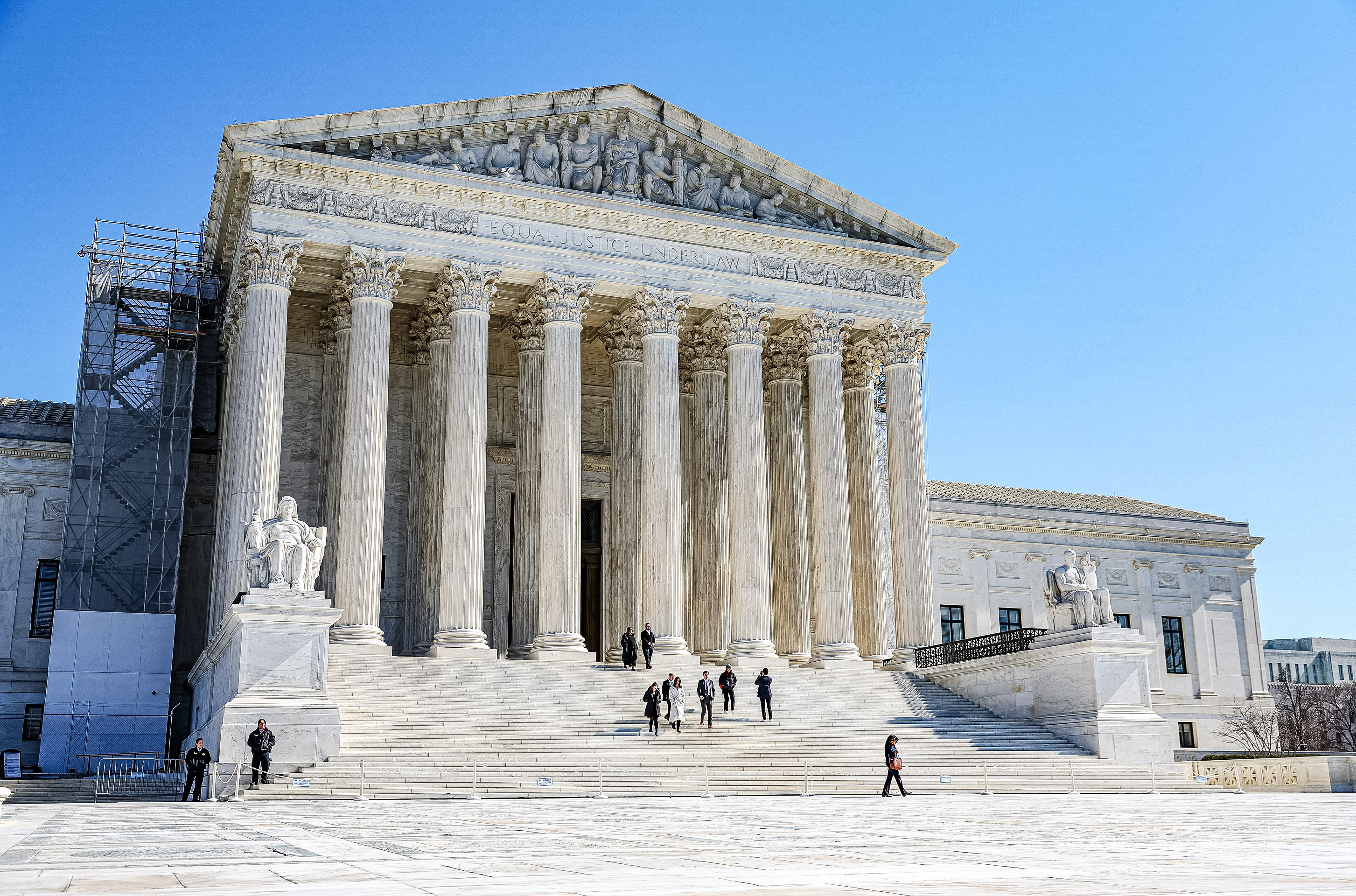

Supreme Court justices seemed skeptical of state arguments on March 18 that the federal government was wrong to communicate with social media platforms about public health issues during the recent pandemic.
At the same time, during oral argument in Murthy v. Missouri, the states argued that the federal government strong-armed social media companies into censoring disfavored views on important public issues such as side effects related to the COVID-19 vaccine and the pandemic lockdowns. Applying this kind of pressure violates the First Amendment, the states argued.
Dr. Vivek Murthy is the U.S. surgeon general. The state of Missouri and other parties sued the federal government for alleged censorship by pressuring social media companies to suppress certain content.


Justice Amy Coney Barrett, appointed by former President Donald Trump, offered the scenario of Louisiana state officials being doxxed, with their private information being posted online. Some people then called for harming the officials, but the posts fell short of being illegal in and of themselves.
The FBI saw the posts and alerted social media outlets. The FBI says the posts are “significantly threatening,” Justice Barrett said in her hypothetical. Should the court block the FBI from doing that?
“I’m a purist on the First Amendment, so my answer would be ‘yeah,’” Louisiana Solicitor General Benjamin Aguinaga responded.Justice Barrett pushed back, asking if the official was aware of how often the FBI engages in that type of communication.
“That’s why I have my backup answer, Your Honor, which is, if you think there needs to be more, the FBI absolutely can identify certain troubling situations like that for the platforms and let the platforms take action,” Mr. Aguinaga said.

